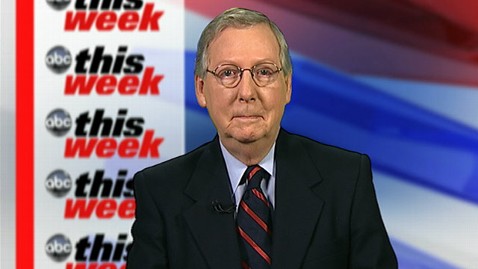LONDON: Danny Graham poached an 87th-minute equaliser to earn Swansea City a 2-2 draw with Arsenal in an FA Cup third-round tie that finished with a rapid exchange of goals at the Liberty Stadium on Sunday.
Arsenal had fought back from behind to lead through a quick-fire pair of goals from Lukas Podolski and Kieran Gibbs in the last 10 minutes, only for Graham to pounce at the death to take a gripping tie to a replay.
Swansea had led through a 58th-minute effort by Michu, scorer of both goals in a 2-0 win at the Emirates Stadium in December, but Swansea appeared to be heading out until Graham found the roof of the net with three minutes to play.
"We should have won this game," said Arsenal manager Arsene Wenger.
"It's frustrating to concede a goal just like that on a corner, where we couldn't clear the ball before the corner. Even on the corner, we were first to the ball and didn't win the ball.
"We have shown quality and heart and it's quite good if we can repeat that."
Michu began on the bench for Swansea, perhaps with an eye on Wednesday's League Cup semi-final first leg against Chelsea, while Arsenal made three changes and deployed Olivier Giroud as a lone striker.
Arsenal threatened through Aaron Ramsey and Santi Cazorla, but it was Swansea who created the clearest openings in the first half.
Graham extended Arsenal goalkeeper Wojciech Szczesny with a crisp strike in the 13th minute, while former Arsenal trainee Kyle Bartley rattled the crossbar with a header nine minutes before half-time.
Giroud tested Swansea goalkeeper Michel Vorm twice early in the second period, before Michu rose from the dug-out to tip the tie in the hosts' favour.
The Spaniard had only been on the pitch for a minute and 13 seconds when he collected Nathan Dyer's knock-down, lobbed the ball over Per Mertesacker, and then beat Szczesny to claim his 15th goal of the campaign.
Podolski swivelled on a loose ball to level in the 81st minute and Gibbs then slammed in a sumptuous volley from Giroud's chipped pass to put Arsenal ahead two minutes later, but Graham had the final say.
The winners of the replay will face a trip to second-tier Brighton and Hove Albion, who eliminated Newcastle United for the second season in succession on Saturday.
Holders Chelsea will face lower-league opposition in the form of either Southend United or Brentford, while either Fulham or Blackpool will await the victors of the replay between Manchester United and West Ham United.
One of the most evocative ties of the third round takes place later on Sunday, when Liverpool bid to avoid an upset at fifth-tier Mansfield Town.
- AFP/jc











